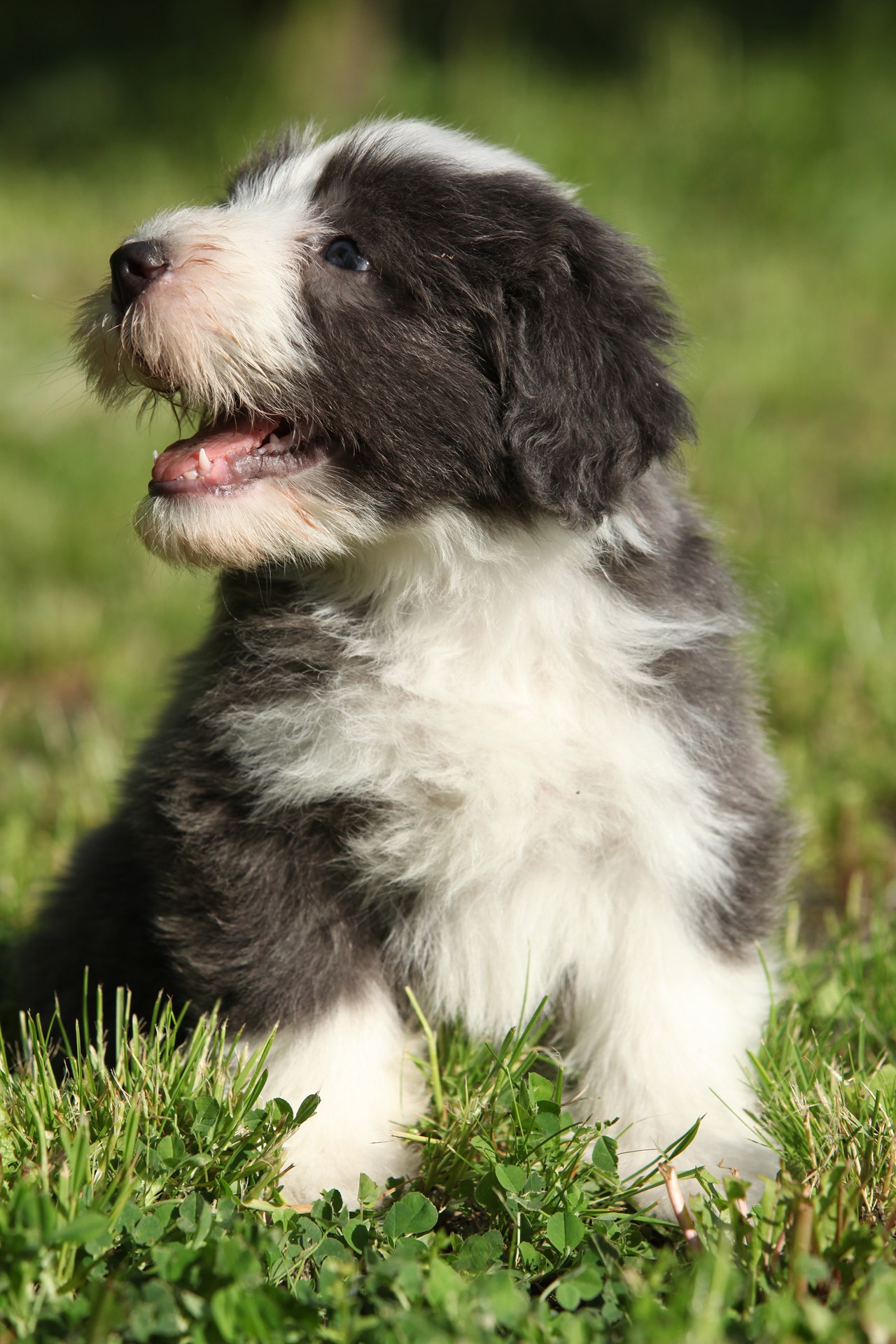Feeding Habits and Food Requirements of the Bearded Collie

Proper nutrition is vital for the health and well-being of Bearded Collies. Understanding their feeding habits and dietary needs is essential for keeping them happy and healthy. Here's a comprehensive guide to the feeding habits and food requirements of Bearded Collies:
Dietary Needs
Bearded Collies, like all dogs, require a balanced and nutritionally complete diet to thrive. Their dietary needs can vary depending on factors such as age, activity level, and overall health. Here are key components of their diet:
- Protein: High-quality animal-based protein is essential for muscle maintenance and overall health. Look for dog food with named meat sources (e.g., chicken, beef, or lamb) as the primary ingredient.
- Fat: Healthy fats provide energy and support coat and skin health. Ensure the food includes essential fatty acids, such as omega-3 and omega-6.
- Carbohydrates: Carbohydrates from sources like grains, vegetables, and fruits provide energy and fibre. They should be a part of the diet but not the primary component.
- Vitamins and Minerals: A well-balanced dog food should provide essential vitamins and minerals to support overall health.
Feeding Habits
Bearded Collies may have different feeding habits and preferences, but there are some general guidelines to follow:
- Meal Frequency: Most Bearded Collies do well with two meals a day, one in the morning and one in the evening. Puppies and younger dogs may benefit from more frequent meals.
- Portion Control: Bearded Collies are prone to obesity, so it's crucial to measure their food portions and feed them according to their age, weight, and activity level. Avoid overfeeding and monitor their body condition regularly.
- Water: Always provide fresh, clean water for your Bearded Collie. Proper hydration is essential for their overall health.
Special Dietary Considerations
Bearded Collies may have specific dietary considerations based on their age or health status:
- Puppies: Growing Bearded Collie puppies have different nutritional needs than adults. Choose a puppy-specific food that supports their growth and development.
- Senior Dogs: Older Bearded Collies may benefit from senior dog food formulated to address age-related health issues. Consider joint supplements if they have mobility problems.
- Allergies or Sensitivities: Some Bearded Collies may have food allergies or sensitivities. If your dog exhibits signs of allergies (itching, gastrointestinal issues), consult a veterinarian to identify potential food triggers.
Homemade vs. Commercial Dog Food
While some dog owners prefer preparing homemade meals for their Bearded Collies, it's essential to consult with a veterinarian or canine nutritionist to ensure the diet is well-balanced and meets all their nutritional needs. Many commercial dog foods are formulated to provide complete and balanced nutrition for dogs of all life stages, making them a convenient choice for many Bearded Collie owners.
Monitoring Health
Regularly monitor your Bearded Collie's weight and overall health. Adjust their food portions as needed to maintain a healthy body condition. If you notice any significant changes in their appetite, weight, or digestion, consult a veterinarian for guidance.
In conclusion, Bearded Collies require a well-balanced diet that provides essential nutrients for their overall health. Feeding habits, portion control, and dietary considerations play a crucial role in keeping your Bearded Collie happy and healthy throughout their life. Consulting with a veterinarian or canine nutritionist can help you make informed decisions about their diet.
Bearded Collie puppies for sale
- Find Bearded Collie puppies for sale in ACT
- Find Bearded Collie puppies for sale in NSW
- Find Bearded Collie puppies for sale in NT
- Find Bearded Collie puppies for sale in QLD
- Find Bearded Collie puppies for sale in SA
- Find Bearded Collie puppies for sale in TAS
- Find Bearded Collie puppies for sale in VIC
- Find Bearded Collie puppies for sale in WA